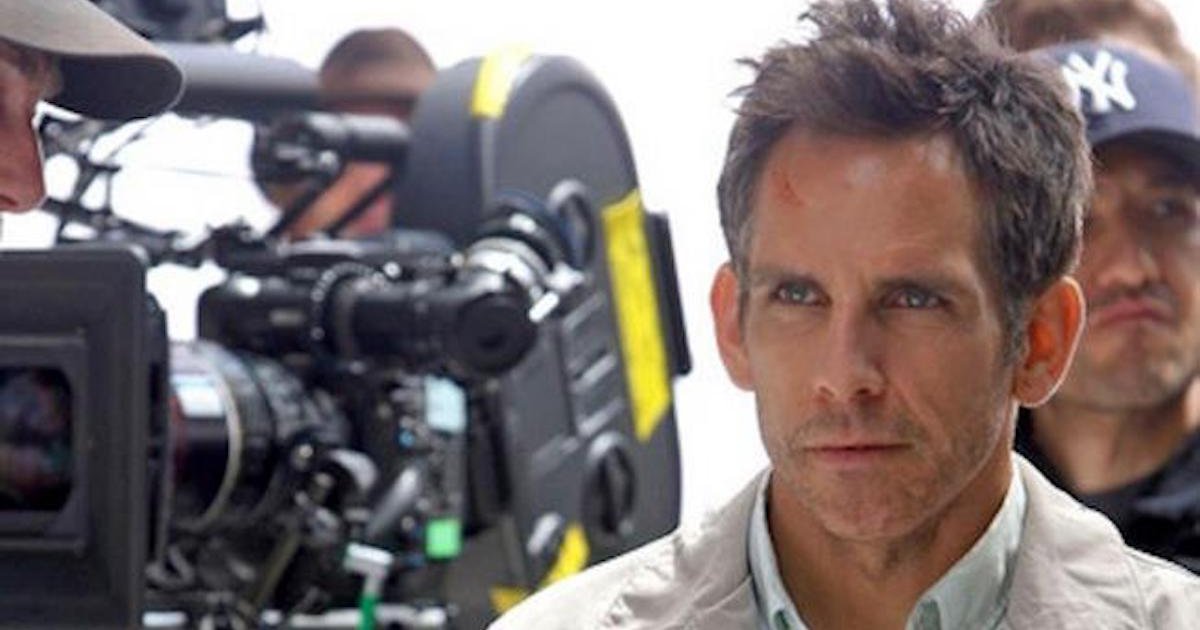When actor Ben Stiller went public with his prostate cancer diagnosis in 2016, he did so with the goal of raising awareness about the blood test that saved his life. It also presented him with the opportunity to be candid about a subject many find difficult to discuss: sex after prostate cancer. With this year’s #Movember well under way — the campaign, which takes place in November, is dedicated to spreading awareness about men’s health issues — Stiller’s message is an important one to keep in the spotlight.
The now-53-year-old actor was diagnosed with prostate cancer when he was just 48 years old. He was treated with surgery to have his prostate removed — and like most men, Stiller had said, he wondered how his sex life would be affected.
Embed from Getty Images
Though the Stern interview was on the lighter side, Stiller gave several others where he elaborated on his decision to get the surgery and the effect it could have on his sex life.
During a 2016 interview with the “Today” show, the actor said that he was well advised by his doctors of the probable side effects, but the most important thing for him was being healthy.
“When you're confronted with the question of, ‘Hey, do you want to live or do you want to make sure your sex life is the best it can be?’ I opted for wanting to get rid of the cancer and see what happens, and luckily everything is cool," he said.
Prostate Cancer: What Are the Sexual Side Effects?
In a previous interview with SurvivorNet, Dr. Patrick Swift, a radiation oncologist at Stanford Medicine, said that most men won’t gain sexual function for about six months. It does happen earlier, he said, but it’s rare.
It’s “highly dependent on whether the surgeon was able to spare both sides of the neurovascular bundles, one side, or [if] they weren’t able to spare either,” he said. “So, if both neurovascular bundles are injured at the time of surgery, the chance of getting back sexual function without some kind of prosthetic device is very, very low.”
Dr. Swift also explained that men who undergo radiation therapy for prostate cancer have a significantly lower risk of suffering from sexual side effects. And adding a hormonal therapy to radiation will significantly increase the risk of erectile dysfunction, and may also affect a man’s desire to engage in sex.
In other words, there are several factors that can determine a man’s sex life post surgery, including the duration of the therapy, a man’s overall health and age, and how intense the treatment is.
When Should Men Get Screened for Prostate Cancer?
Stiller’s cancer was detected early because his primary care doctor had recommended he get a bi-yearly PSA (prostate-specific antigen) test, starting at age 46, he wrote in a post for Medium. Current American Cancer Society guidelines call for men to begin screening for prostate cancer at age 50, but Stiller recommends that men have a conversation with their doctors about their individual risk — and when the right time for them is personally.
Higher-risk men may have to start earlier. For example, men of certain ethnicities, such as African American men, are at a higher risk of developing prostate cancer so a doctor may opt to begin testing in a patient’s mid-40s. Men with a family history of prostate cancer may also want to consider screening early.
PSA is the name of a protein secreted by the prostate gland. Men have a small amount of PSA in their blood all the time, but large amounts may signal that something is brewing. When cancer cells grow, PSA spills into the blood. The test is a bit controversial in the medical community because a number of other issues can contribute to higher levels of PSA in the blood, but the bottom line is, the test can catch cancer early and save lives.
Learn more about SurvivorNet's rigorous medical review process.


